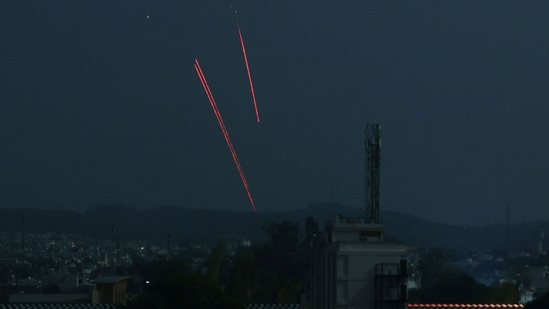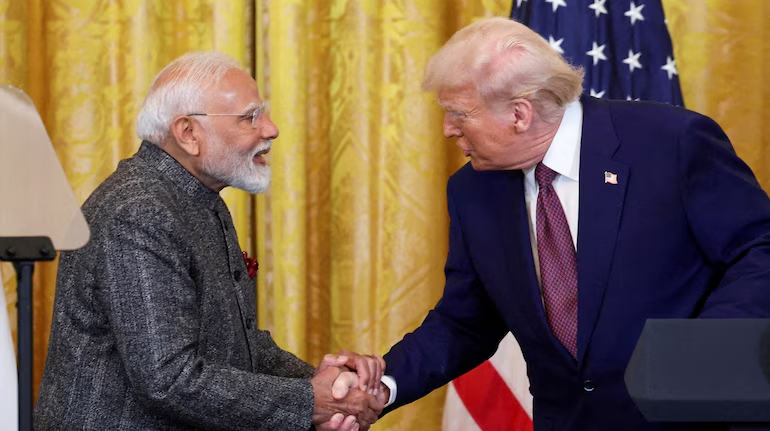Pakistan Violates Ceasefire: Tensions Rise Again Along LoC
- Abhishek

In a deeply unsettling development, Pakistan has violated the recently agreed ceasefire with India, reigniting tensions across the Line of Control (LoC). Just hours after the ceasefire was announced, Pakistan resumed shelling across multiple Indian sectors. Heavy artillery fire and drone attacks were reported in parts of Jammu & Kashmir, Punjab, Rajasthan, and even Udhampur. This shocking betrayal has left Indian civilians and armed forces on high alert, with fears of full-blown escalation hanging in the air.
What Sparked the Ceasefire in the First Place?
The ceasefire was called after days of intense cross-border attacks that followed the Pahalgam terrorist attack on April 22, which killed several Indian tourists. India responded strongly with Operation Sindoor, a high-level counter-terror operation that targeted terrorist bases across the border. This included a significant missile strike on Pakistan’s Nur Khan Airbase near Islamabad, leading to massive explosions. With both nations on the brink of open war, the global community stepped in. The ceasefire agreement was seen as a hopeful turning point. But Pakistan’s actions have shattered that hope.
Ceasefire Violated Within Hours
According to reports, within just a few hours of agreeing to the ceasefire, Pakistan began shelling multiple Indian border areas, particularly in the Uri and Rajouri sectors of Jammu and Kashmir. Civilians were the worst hit, with homes destroyed, people injured, and families forced to flee. People have lost their lives so far in the fresh wave of violence, many of them innocent civilians. In addition, several drones were seen flying into Indian territory, prompting India to activate its air defense systems in Srinagar. Surface-to-air missiles and radar units were deployed to intercept any possible threats from across the border.
Impact on Civilians
The most heartbreaking part of this story is the impact on ordinary people. In towns like Uri and Kupwara, residents reported sleepless nights as explosions lit up the skies. Entire villages are now living in darkness due to enforced blackouts in border districts like Fazilka, Barnala, and Sangrur to avoid being spotted by enemy drones. Schools have been shut down. People are staying indoors. Fear and panic have gripped border towns. One local resident from Uri said, “We thought things would get better after the ceasefire. But it feels like we’re stuck in a nightmare that keeps repeating.”
India’s Response
India has taken the matter seriously. Prime Minister Narendra Modi called a high-level security meeting with the Chief of Defence Staff and top officials. Meanwhile, Jammu & Kashmir Chief Minister Omar Abdullah expressed his disappointment and shock over the violation. Indian forces have been instructed to remain alert but act with restraint unless provoked further.
International Reaction
The international community, especially the US and G7 countries, is watching the situation very closely. There is growing pressure on Pakistan to honor the ceasefire terms and avoid further bloodshed. Several countries have appealed for calm, but trust has already been damaged.
Final Thoughts
Pakistan’s violation of the ceasefire is not just a military provocation—it’s a betrayal of peace. At a time when civilians were beginning to hope for normalcy, this fresh wave of violence has pushed the region back into fear and uncertainty.








